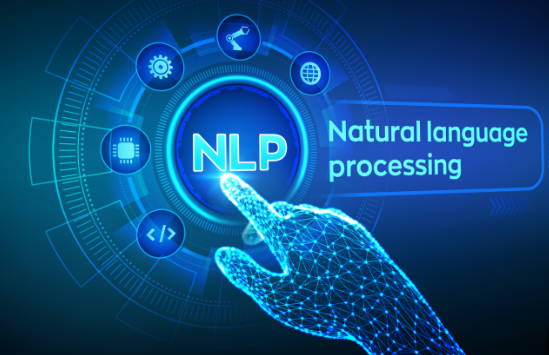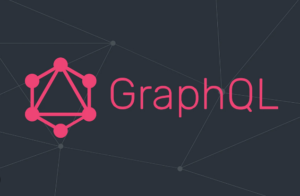Python is widely used in Natural Language Processing (NLP) due to its rich ecosystem of libraries and tools. In this practical guide, we’ll explore some key libraries and techniques for NLP in Python:
- NLTK (Natural Language Toolkit):
NLTK is a popular library for NLP tasks in Python. It provides a wide range of functionalities, including tokenization, stemming, lemmatization, part-of-speech tagging, named entity recognition, and more. NLTK also offers various corpora and lexical resources for NLP research and experimentation. - SpaCy:
SpaCy is a powerful NLP library designed for efficient and production-ready NLP tasks. It provides high-performance tokenization, part-of-speech tagging, named entity recognition, dependency parsing, and more. SpaCy’s pre-trained models for multiple languages make it convenient for various NLP applications. - TextBlob:
TextBlob is a simplified and user-friendly library built on top of NLTK. It provides a simple API for common NLP tasks such as sentiment analysis, part-of-speech tagging, noun phrase extraction, translation, and more. TextBlob’s ease of use makes it suitable for beginners and quick prototyping. - Gensim:
Gensim is a library for topic modeling, document similarity analysis, and word vector representations (e.g., Word2Vec). It offers implementations of popular algorithms like Latent Semantic Analysis (LSA) and Latent Dirichlet Allocation (LDA). Gensim’s efficient and scalable implementations make it valuable for working with large text corpora. - Scikit-learn:
Scikit-learn is a widely used machine learning library that includes various tools for text classification, clustering, feature extraction, and model evaluation. It provides a comprehensive set of algorithms and utilities for NLP tasks, including vectorizers like TF-IDF and feature selection techniques. - TensorFlow and Keras:
TensorFlow and Keras are powerful libraries for building and training neural networks. They are widely used in deep learning-based NLP tasks, such as text classification, sentiment analysis, named entity recognition, machine translation, and text generation. These libraries enable the development of complex models using recurrent neural networks (RNNs), convolutional neural networks (CNNs), and transformer architectures. - Pre-trained Language Models:
Pre-trained language models like BERT, GPT-2, and Transformer-based models have gained significant popularity in NLP. Hugging Face’s Transformers library provides an easy-to-use interface for utilizing pre-trained models and fine-tuning them for specific tasks, such as text classification, question-answering, and language generation. - Corpus and Dataset Resources:
NLP often requires annotated or labeled datasets for training and evaluation. Several resources provide large-scale corpora, such as the Common Crawl, Wikipedia dumps, and academic datasets like the Penn Treebank or the Universal Dependencies project. Additionally, specialized datasets like sentiment analysis datasets (e.g., IMDb reviews, Twitter sentiment) and named entity recognition datasets (e.g., CoNLL 2003) are available for specific tasks. - Data Cleaning and Preprocessing:
NLP tasks often involve cleaning and preprocessing text data. Python provides libraries like Pandas and NumPy for data manipulation and cleaning. Techniques like lowercasing, removing stopwords, handling punctuation, and stemming/lemmatization can be implemented using these libraries. - Evaluation Metrics:
Measuring the performance of NLP models requires evaluation metrics specific to the task. For example, accuracy, precision, recall, and F1 score are commonly used for classification tasks. Libraries like scikit-learn provide functions to calculate these metrics, while NLTK provides evaluation tools for tasks like machine translation and summarization.
Remember that NLP tasks can vary greatly in complexity.




